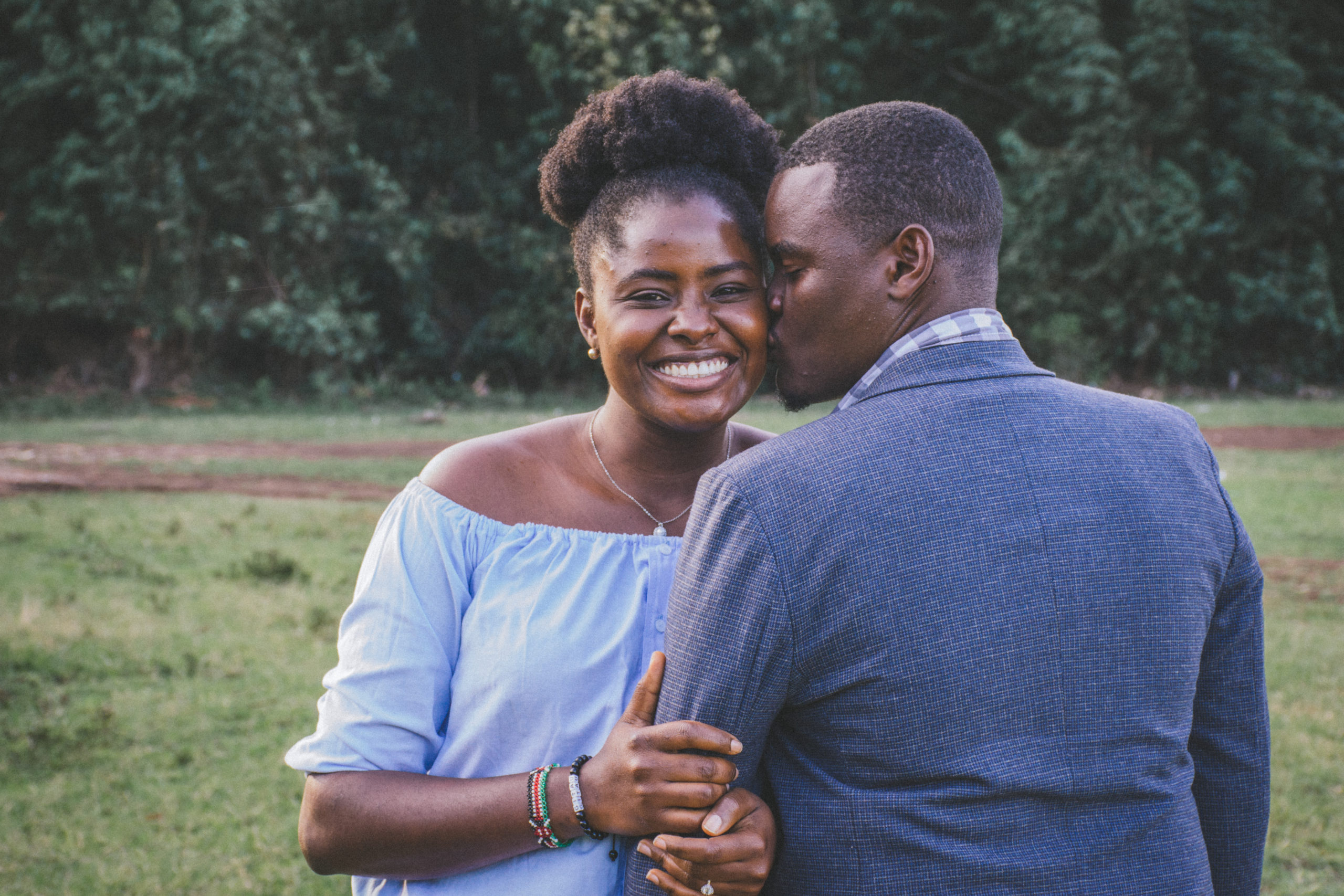African marriages! Have you felt that sense of pride when you overhear your parents talking about you and your new spouse? No wait, it’s actually when they talk about you giving them grandchildren. In their eyes, that’s when you have arrived. You can do whatever else you want with your life after that because you have gotten married and you have had kids. This sentiment comes from somewhere. So, let’s dive in!
To begin the singleness and marriage series, last week, I wrote about singleness as an African/ African immigrant. Here, I want us to talk about marriage in an African context. If you find yourself curious about your parents or elders after reading this, this post may come in handy in knowing what types of questions to ask them.
African marriages have changed since our grand parents’ generation. It makes sense in the mere fact that societies are constantly evolving. You will notice that some of the reasons why our parents or grandparents got married are different from those now. These differences sometimes cause the conflict between their desires for us and what we want.
Why did African grandparents get married?
I believe we carry our history and culture with us. It is a major reason why we do a lot of what we do. But many of us are not aware of how it shows up. As you read the points below, see if you can draw any correlations with your marriage and/or your parents’ behaviors. Note that this list is not exhaustive, but it helps us understand why our parents struggle with singleness and not having grandchildren.
- To have children – This is the first reason my Cameroonian mom, who is a sociologist, gave me for why her parents’ generation got married. Interestingly, she said this was more so for men than women. Even though men may have had girlfriends whom they were not thinking of marrying, once they began thinking of their future, they thought about getting married so they could have children. It was important to them that they pass on their name and their genes. This is why it was (and still is sadly) a problem when a married couple doesn’t have children.
- To meet financial, security, and labor needs – Many parts of Africa had clearly defined gender roles; women did domestic work while men did the labor to provide for the family. Therefore, having a daughter married off meant her family was assured that she will have some financial stability since her husband will provide for her. The bride price the man paid showed the woman’s family that he was able to provide for her and it helped her family to be compensated for losing a valuable worker from their household. On the other hand, a son marrying meant that he would have someone to take care of him and his home.
- Maintaining friendships between families or clans – When my grandmother was born, my grandfather’s family came to her family and made a promise that she will be a family wife. In other words, she will marry someone within my grandfather’s family. This provided security to her and her family that she will get married. It also maintained the family’s friendship. In this case although it’s not always the case, it worked out for all parties because my grandparents got married and lived happily ever after (okay, maybe not happily ever after, but they had a happy marriage). This type of arrangement also occurred between some royalty. A chief from one clan will arrange with another chief for their kids to get married. This maintained the friendship between the clans. Such practices were quite common is Europe as well.
- For status at a certain age – Status especially for women was another main reason why people married. Women feared that if they didn’t get married early enough, they will be too old for someone to marry them and they wouldn’t get as much respect as a married woman. Sadly, in many parts of Africa, single women still experience some form of stigma, but that’s another topic for another day.
As you can see from all of these, there was an expectation that at a certain age, marriage was going to happen. Singleness was not a preferred option.
Why do we get married today?
I’m sure you have figured out that the reasons above are not quite the main reasons why we get married today. However, if you look closely, there is still some correlation to why Africans get married today. And the above reasons are ingrained in our parents’ psyche (and in some of ours), so it affects our views on marriage and singleness.
- Love and companionship – Today, we are more independent, gender roles are not as clearly defined, hence anyone, male or female can provide for themselves. When many of us consider why we got married or why we want to get married, we think about our list of qualities/attributes of a partner. We want someone we can share life with, build a family with, or do “big things” with. We fell in love and we are compatible, therefore we got married.
- Have found someone of character – Sometimes we find someone whom we know will take good care of us or is someone of good character. Even if we are not in love with them, we may decide to marry them, and we choose to let the love grow.
- We are of age and we want a family – Similarly to why our parents got married, some people decide that they are of age and they want to have children. Thus, they find someone whom they can marry and they make it work.
- Someone gets pregnant – Maybe this is your story or you’ve heard of someone who got their girlfriend pregnant so they decide to get married. Sometimes the families of either the man or woman are so concerned about the family image that they want their children to get married quickly to avoid the gossip of getting married out of wedlock.
- For the parents – Sometimes parents talk and talk about their discontentment with their kid’s singleness until they give in, “okay, I will get married.” So, the person finds someone who has something in common with him/her and they get married. In some situations, people agree to have their parents or someone else find someone for them to marry; arrange marriages are still quite common.
On a side note, I personally believe arrange marriages can work. I’ve seen them go both ways just like choice marriages, sometimes they work and sometimes they don’t. The reason why I think this is the case is because love is not enough to make a marriage work. You actively have to decide daily to love and commit to the relationship. Think about it, have you heard of someone who is divorced say they still love their former partner, but they could no longer be married? On the other end, have you heard of someone say they fell out of love with their former partner, so they had to leave the person? I rest my case.
The point of this post is not for judgment on yourself, your parents’ or friends’ marriages, or the African traditions. I hope you don’t walk away criticizing how things were done or even your present circumstance. Rather, observe the history and your current situation so it can give you some understanding. Can you see some of the reasons why you and/or your African parents struggle with singleness? Historically in African culture, it was not a preferred option especially for women. But, is it possible that the Bible has something different to say about that? Read what I wrote about that here!
By now, you may be thinking a whole lot about your own marriage or your parents or grandparents’ marriages. I’m sure I omitted some points, so please tell me in the comments below why you got married or why your parents got married.




2 Responses
Great content! I think you hit the mark here. The question is can people with different views acknowledge that reasons that don’t match theirs are still valid and not dismiss them?
Good question! Can we each validate where the other is coming from?